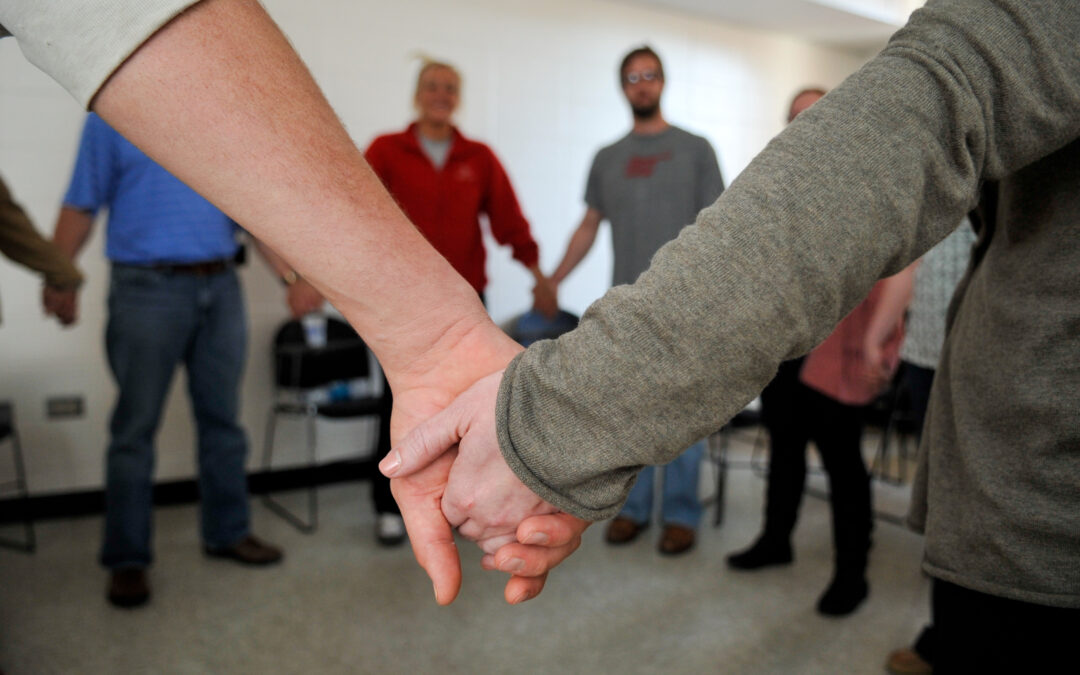Collegiate recovery programs have the potential to impact the trajectory of a student’s recovery, as well as the student’s entire life. Not all programs are the same, however. They each differ in terms of environment, supports, how they view recovery, and how they use their student experience to improve their program. A popular collegiate recovery program is Kennesaw State University. We spoke to Teresa Johnston, assistant dean in the Division of Student Affairs, about the key elements of the college’s program and what they consider are critical factors to the student experience and choosing the right CRP.
In your view, what are the critical components of a good CRP? Why is support for abstinence-based recovery so essential on college campuses?
Teresa: The critical components or standards recommended by the Association of Recovery in Higher Education and supported by our program include:
- Abstinence-based recovery is critical because in an environment that is hostile to abstinence and abstinence-based recovery, there needs to be a safe space on campus for students to find like-minded people. At CRPs, we understand that medication-assisted treatment and recovery is a pathway to recovery. We believe that students who are on a MAT/MAR pathway are not in conflict with abstinence-based recovery as long as they are working with a medical professional. Recovery support is essential for continued wellness.
- Institutional support is important to provide sustainability and continuity for students. If available, it can provide the necessary link to academic records, enrollment, and admission services.
- Dedicated space helps build community, protect recovery, and offer space for academic success (tutoring, studying, group projects, computers).
- A peer community of support. Other students provide accountability, community, and fellowship.
How might a student differentiate between CRPs in choosing the right college for them?
Teresa: Using the ARHE website to learn more about the location of CRPs is the first step. Next, call and investigate the details of the program: staff availability, available components, scholarships available alongside the investigation of the college/university itself. Ask about the GPA for admission, the major, etc. Students returning to college should consider their individual recovery plan and work with sponsors, mentors, and other professionals to ascertain if college is the next right step.
How can CRPs impact the trajectory of a students recovery?
Teresa: Students report that CRPs change their lives by helping them feel a part of the university and helping them get connected to other students in recovery and staff. A CRP helps with progression and graduation goals and with sustaining recovery, which we know has a tremendous impact on the jobs, careers, and future education plans of students.
Many colleges gather data from CRPs to improve their student experience. What key components of your program do you measure, and what improvements have you made?
Teresa: Data, standards, and research continue to be a priority for CRPs. GPAs, retention, progression, graduation rates, and relapse are some of the areas studied. Additionally, individual program evaluation and assessment provide feedback for process improvement.
What are you most proud of about your CRP?
Teresa: We are most proud of our students and the way KSU puts students first. The Center for Young Adult Addiction and Recovery provides tremendous recovery support services and individual support to our students. I am proud of our staff and their dedication to the students and the students’ professional development. Our students and our staff are amazing, caring people.
How do you define recovery?
Teresa: Several years ago the Recovery Science Research Collaborative, a national group of collegiate recovery coordinators, directors and scientists, hosted by Kennesaw State University, defined recovery as “an individualized, intentional, dynamic, and relational process involving sustained efforts to improve wellness.” We defined this for research purposes as a collective. I personally define my recovery as a daily intentional mindset grounded in spiritual, wellness, and behavioral practices that protect my abstinence based recovery from unhealthy thoughts, behaviors, and use of addictive substances.”

